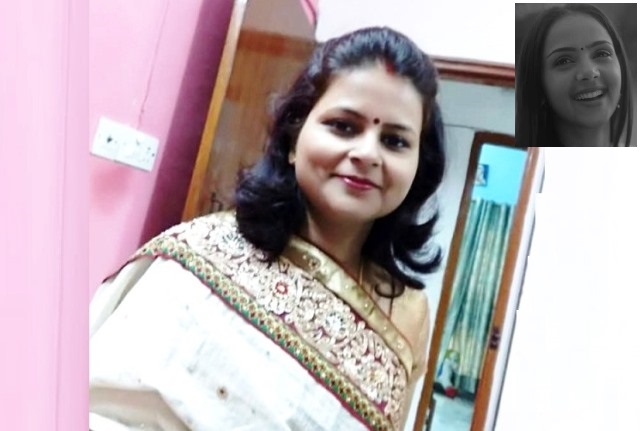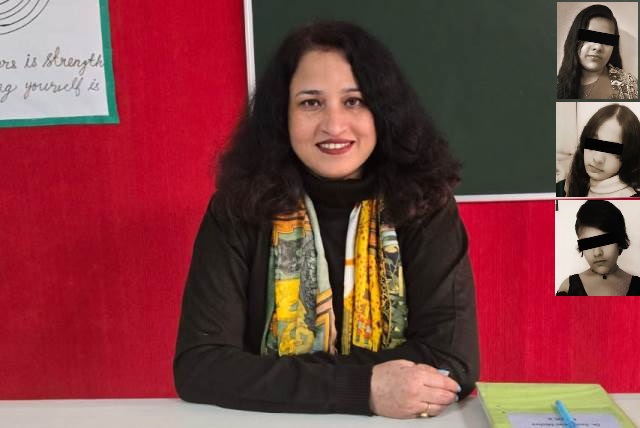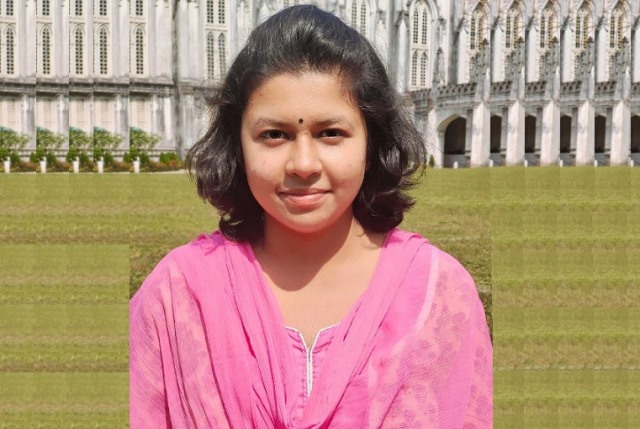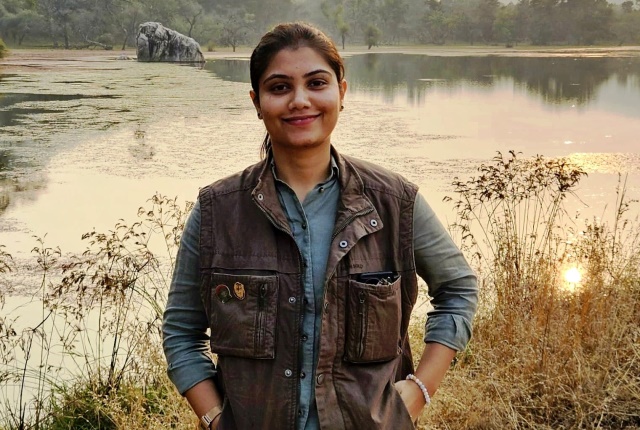
‘Radhika Yadav’s Case Underlines Value of Close Communication in Nuclear Families’
Richa Srivastava, a family counsellor and a homemaker, blames a toxic combination of pride, patriarchy and prejudice for the young tennis player’s killing. Her advice:
The recent case of a father taking the life of her 25-year old daughter, Radhika Yadav could well be the result of some kind of emotional situation that blew out of proportion resulting in damaging the entire family. Even though there are various theories floating in sections ofmedia, the main reason behind such situations is clash of egos between parents and kids. In the present scenario, where every member of the family is well educated and well connected on social media, there is little to hide regarding your superficial social life.
According to media reports, her father, Deepak Yadav, confessed to the heinous crime and has reportedly expressed remorse over the killing, demanding punishment. Some media reports have also quoted him as saying “I have committed Kanya Vadh” citing societal pressure and disapproval of her earning money through tennis coaching. But this, according to me, could not be the only motive behind the crime.
The case could well be a classic example of the psychology of pride, patriarchy and prejudice – that parents may expect obedience and success from their children by projecting their own goals of fear and self-respect on them. The question of what might have pushed Deepak Yadav to over the edge – bottled-up rage, patriarchy squeezing the life out of everyone and the pressure to keep appearances.
ALSO READ: ‘There Is More To Radhika’s Death Than A Disturbed Father’
One possible cause could be displaced anger when anger from one source – like social humiliation or loss of control – is redirected toward a safer target that is often the family. Also an ongoing stress or a perceived disrespect added with a weak sense of self- worth is exacerbated by social scrutiny and status anxiety. It’s possible that Radhika’s ambition and independence, which were developed in the meritocracy of sports, widened the divide and the parent-child relationship became entangled with identity and control especially when the family is a high-achieving family.
The toxic idea that a man’s respect depends solely on being the breadwinner, or that a daughter’s success undermines her father’s standing, is deeply flawed. Emotional dysregulation can result from unfulfilled expectations, particularly in parents who lack coping mechanisms and this murder is not just a personal tragedy—it’s a mirror reflecting a deep societal sickness.
Stress caused by those close to you can feel hard to escape sometimes. But learning to manage its impact is possible. Family stress can flare up for you and your family, no matter what role you find yourself in.
Children, throughout their association with their parents, need help in learning to manage and function with the stress they feel. One means to assist children is to acknowledge their feelings and make efforts to cut down on activities when you see signs of stress in their behaviour.
In addition, encourage open and honest communication within the family to address concerns and conflicts proactively, establish predictable routines to provide a sense of stability and reduce stress, listening attentively to each family member’s concerns and feelings, fostering understanding and empathy are some of the practices that should be adopted by all families to avoid falling in any kind of situation that could negatively affect the family and future generations.
As told to Rajat Rai



